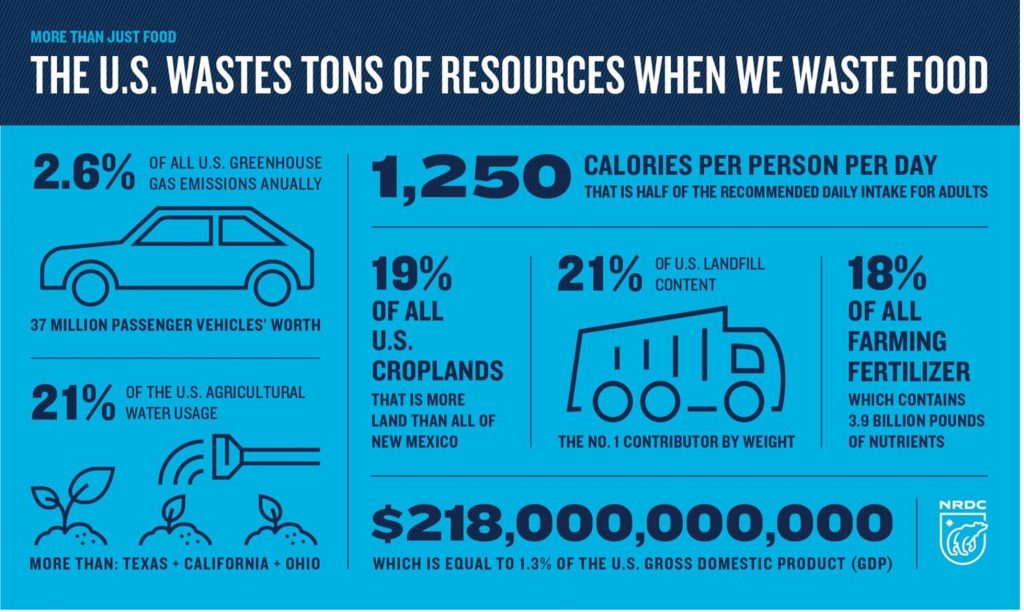Rule 7 of the Personal Kaizen 10 Rules for Life is to be rich, spend money on what you love. We suggest spending money extravagantly in areas of joy and cutting your costs elsewhere. With a recent increase in inflation around the world, we want to help you stop wasting your money with these 8 simple tips!
1. Overspending and Overbuying
Decide on several things you value spending your money on and avoid overspending on everything else. Be willing to change your values based on where you are in your life.
For example, when our kids were young, we prioritized spending on our home more than on travel. As they attend college, we will prioritize spending on their education over the home. Eventually, we will prioritize travel over spending on our home. We have always prioritized cheap transportation (a minivan) over an expensive option.
We share a simple way to help you identify overspending in tip #7 below. Please share your tips for avoiding overspending in the comments below. And never buy things just because they are on sale!
2. Fees and Fines
Do your best to simplify and automate your finances in order to avoid silly fees and fines charged by banks or credit card companies.

Avoid accounts that charge fees unless you use the perks those fees give you (more on this in a future post). For example, a credit card with a $95 annual fee that gives you 6% cash back from grocery stores is worthwhile if you spend more than about $1,000 at grocery stores annually. If your bank charges maintenance fees, low-balance fees, etc. then plan to change accounts to avoid the charges.
You should also do your best to avoid silly parking tickets and other violations that cost you money while increasing your insurance rates. A few fines are inevitable, but avoid making these fines a regular occurrence.
Finally, DO NOT use credit cards unless you pay the full balance due each month! We always automate these payments from our bank account so we never get charged a late payment fee and never pay any interest.
3. Insurance and Warranties
Many people waste money on products that reduce risk. Only purchase insurance and extended warranties when there is a legitimate risk of a loss that you cannot pay for otherwise.
We recommend you always avoid paying for extended warranties. They are complicated and often contain clauses and fine print that essentially make the coverage worthless. When you purchase items with credit cards you often have some free coverages as a benefit (but you probably didn’t know this because you didn’t read the fine print.)
We share more about when and how to purchase insurance here.
4. Subscriptions
Many of us are currently paying for services that we barely use. Here are a few costs to check on – these often add up to hundreds of dollars in charges per month!

- Cable television and streaming services. How many of these services do you really need? Consider consolidating to just one or two services that you use regularly rather than 10 different options that you use sparingly. Or see if you can share accounts with a family member. We’ll pay for Netflix and you pay for Hulu . . .
- Internet and cellular data services. Only pay for what you use, and check every few years to see what offers are available and what new customers pay. These costs can add up fast!
- App and gaming services. What free trials did you sign up for that you stopped using? Check your accounts for these sneaky charges.
- Annual domain and hosting costs for websites. Are you really ever going to use that site name you pay for each year?
- Newspaper, magazines, and other subscription services. Are you using them? Do they bring you joy?
5. Interest on Loans
For many, interest on loans is a major monthly expense. Interest on your college loans, auto loans, mortgages, credit cards, and any other loans can really add up. We share methods for debt reduction: and how to pay less interest and more on what you love here.
6. Wasted Food
The US and other developed countries waste tons of food at every stage of the production and supply chain. These losses are more than enough to feed every hungry person on earth and save many other resources as well.

At the consumer level, here are several strategies to avoid wasting food (and money):
- Plan your meals – know what you are going to eat during the week and don’t overbuy fruit and vegetables that spoil.
- Reduce variety – fewer, simpler meals are easier than complex meals. You can eat healthier and reduce food waste by only rotating between two-three different options for breakfast and lunch.
- Use a grocery list – make sure you only buy the items on your grocery list and avoid impulse buying.
- FIFIO – I have taught my kids the supply chain principle of First In, First Out (FIFO). When taking groceries out of the bag always put the new (fresher) item in the back and the older item in front!
- Save leftovers – our family loves eating our leftover dinners the next day for lunch. You can also freeze food (in individual servings) if you want to keep it for much longer.
7. Bad Habits
We all waste money on vices, poor choices, and bad habits. Rather than get into values and choices with the Personal Kaizen community, we have a simple suggestion: take a week or two to record where you are spending your money. Decide for yourself which “bad habits” you want to change.
Here is a simple suggestion that might help you waste less money on these things. Record how much you spend on a particular bad habit or vice in a year. Keep track of every day you avoid your bad habit and spend this money at the end of the year on something you truly love. For example, if you avoid buying a daily fancy coffee loaded with cream and sugar you can save about 50-100 calories of fat per day and about $1,000 per year! Set aside this money for a fun trip or event instead!
8. Lazy Money

We are currently living in times of high inflation. In times like these, the “spending power” of your cash drops every year. In other words, $1,000 of cash stored in most banks today is worth about $1,005 after one year. The cost of goods is currently increasing at a much higher annual rate – currently about 8% in the US – so that $1,005 is only able to buy about $930 worth of food and other goods.
Saving your money in a bank account (or as cash) is not putting that money to work! Lazy money will quickly lose its buying power. We share thoughts on the best uses for lazy money here, but your best bet is to invest your money in ways that earn you more money (stocks or other ventures) or at least in reducing the interest you pay.
Summary
We guarantee that everybody reading this can stop wasting money with these 8 simple tips. We will expand on several of these areas in the coming weeks.
Do you disagree with any of these tips? Are there other tips that have worked for you that you can share with the rest of our community? Please write a comment below. We’d love to hear from you!




